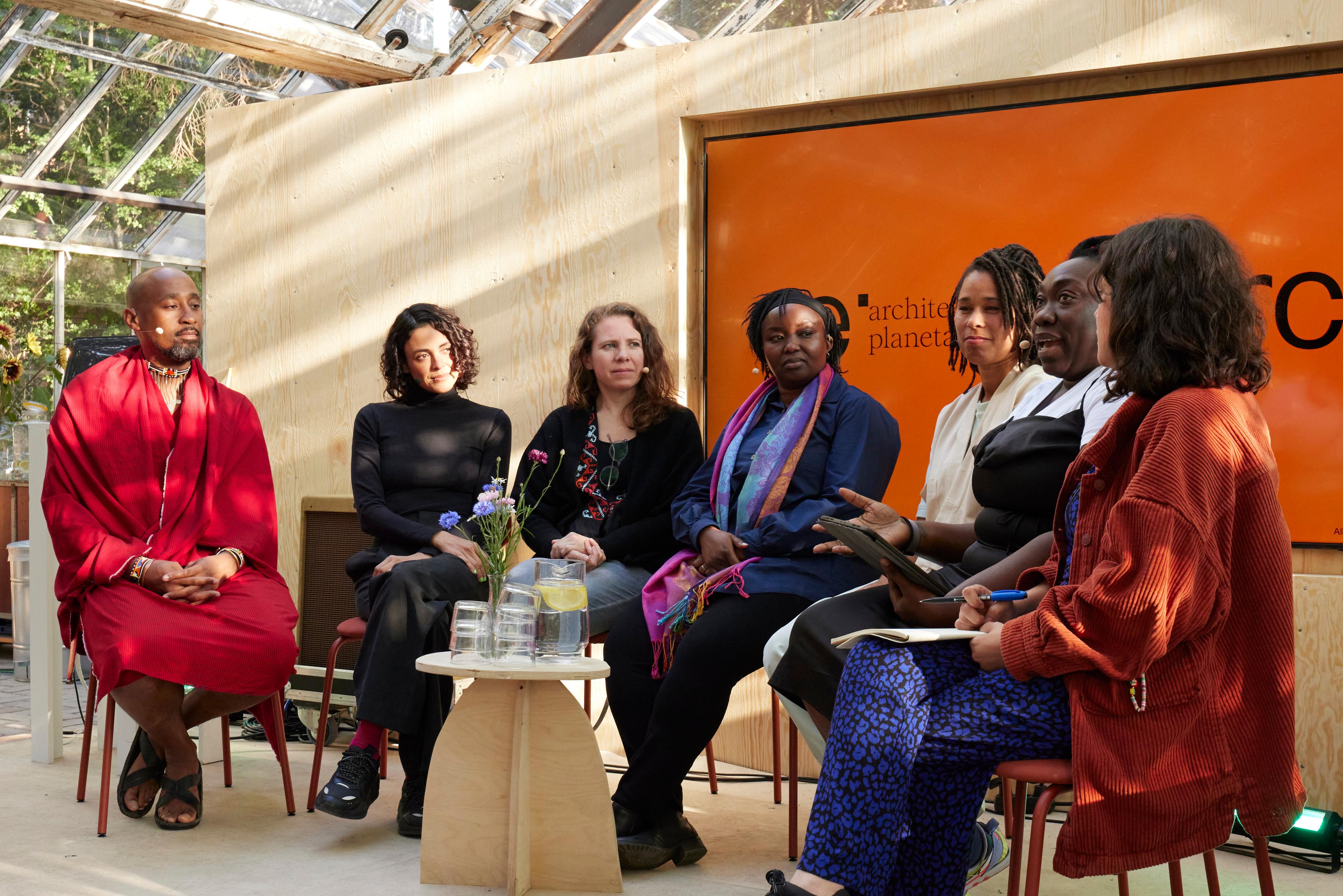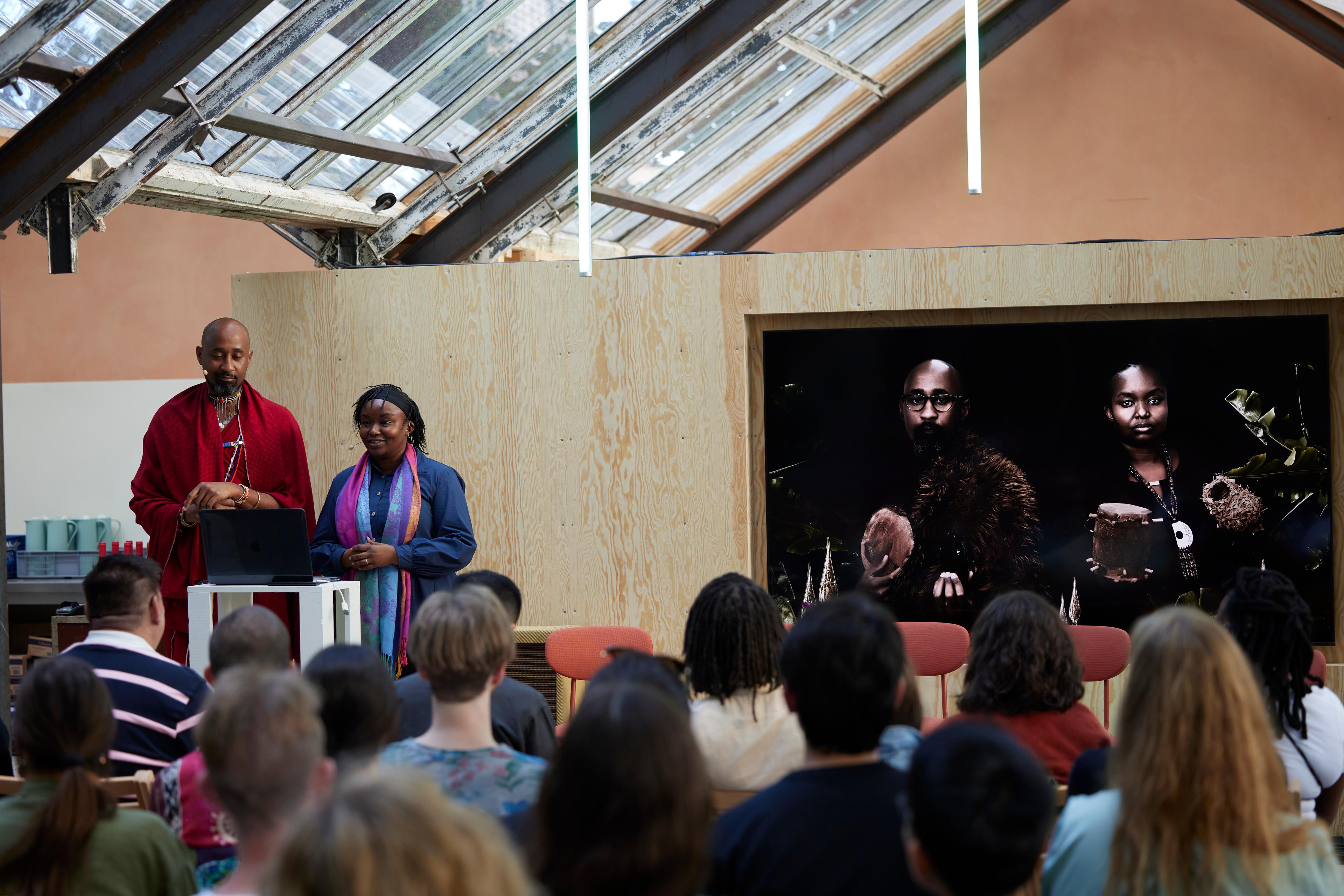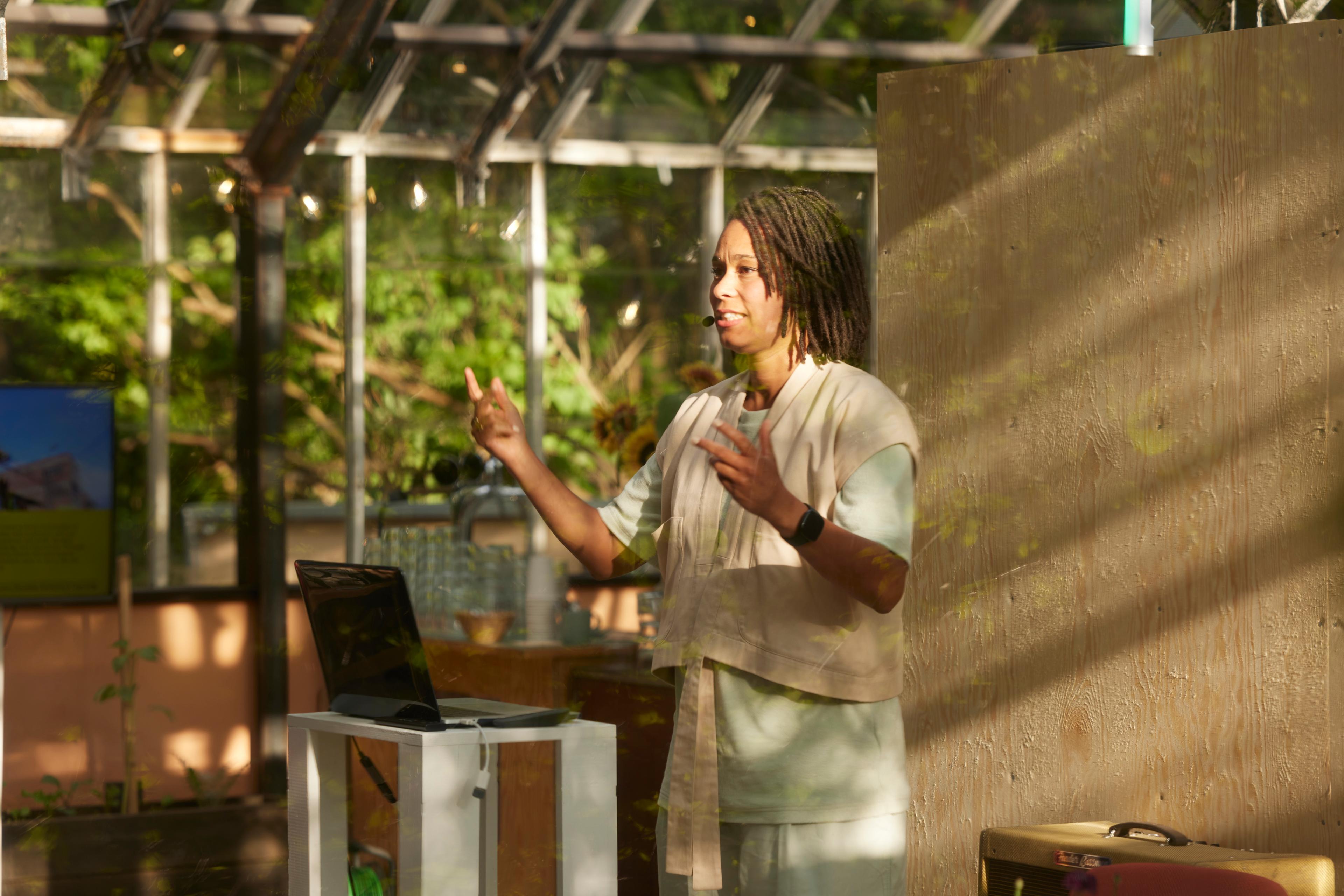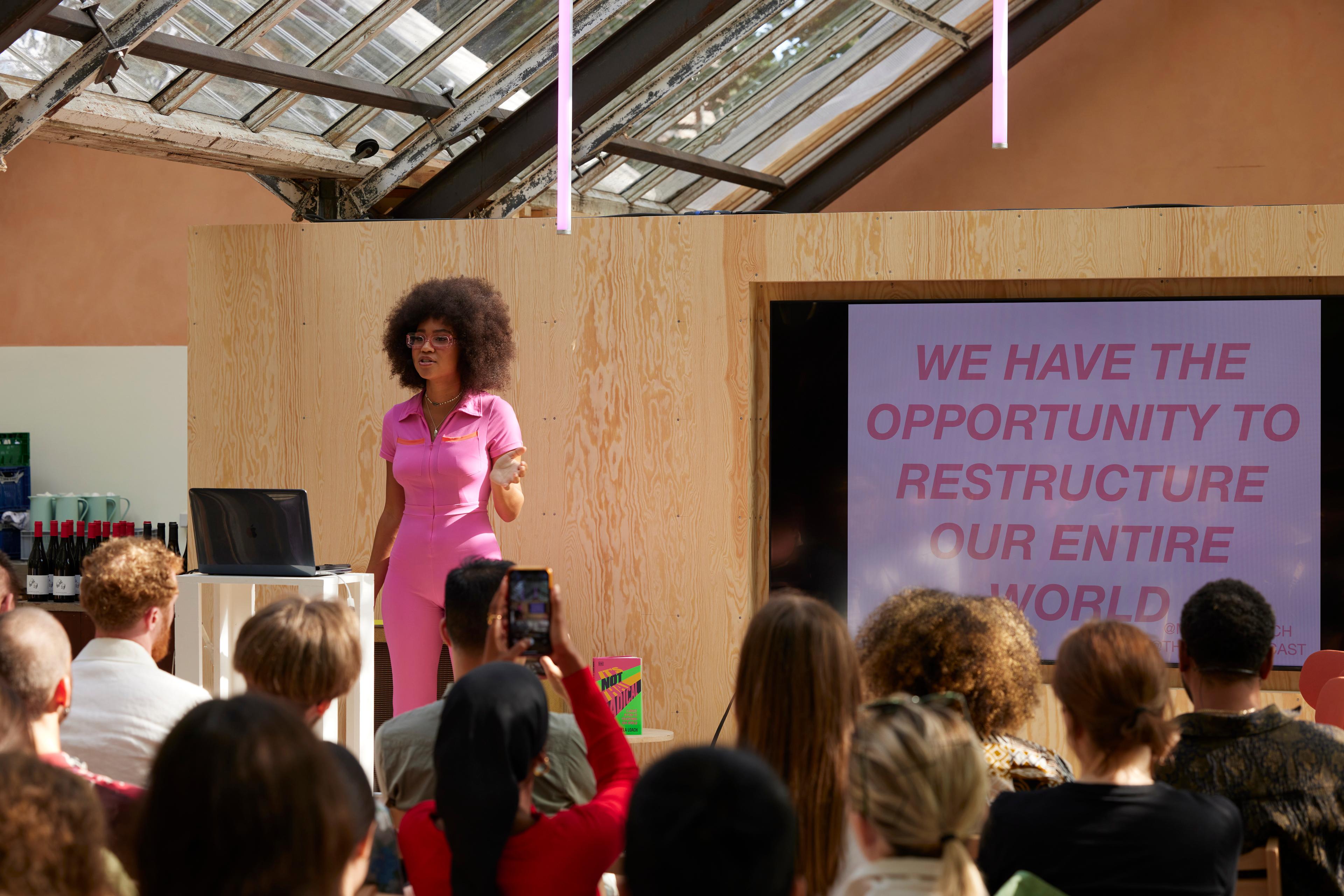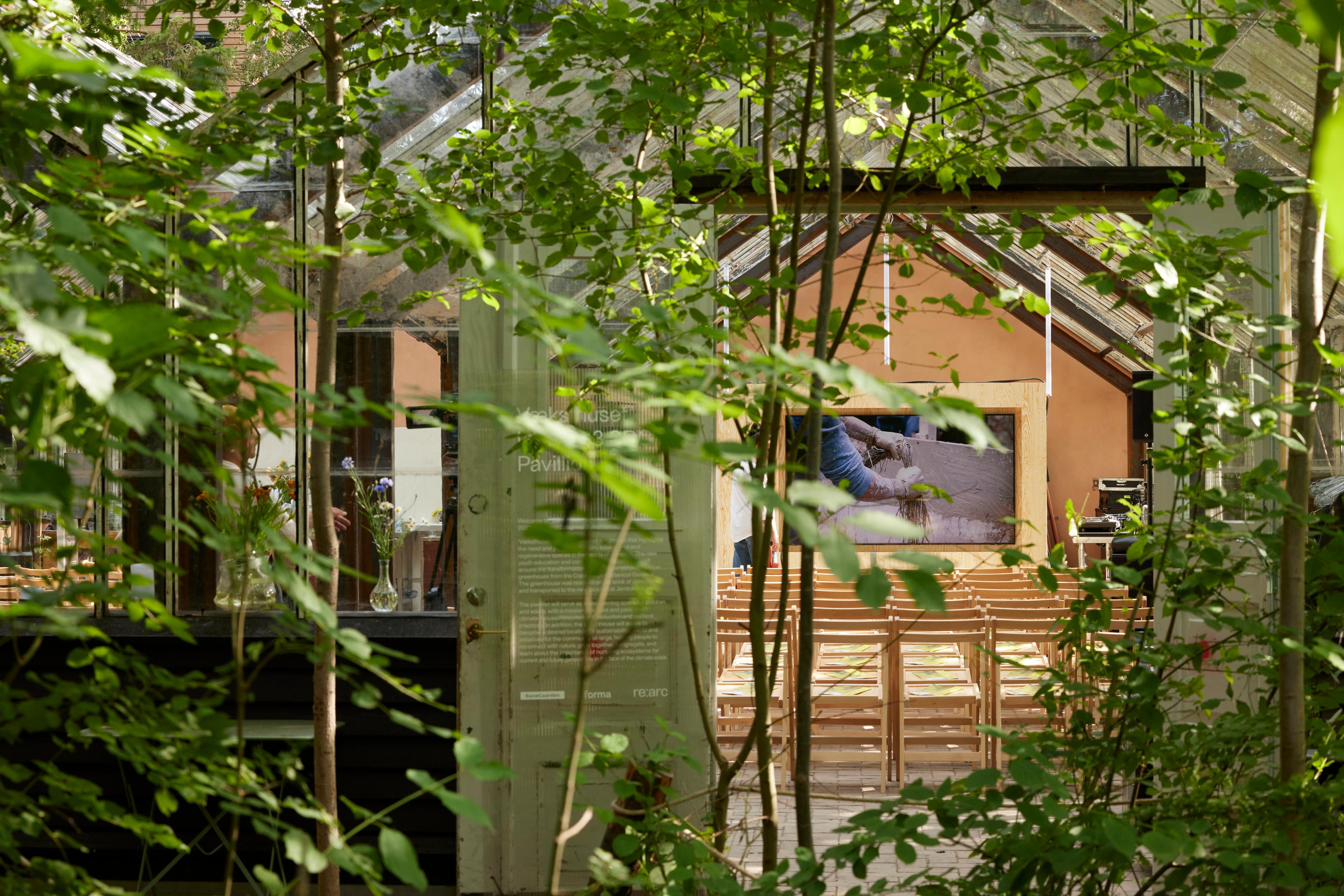
“We are planetary beings. We are dependent on the planet, but we are also interdependent with it and each other.” -Elke Krasny
On July 5 and 6, we celebrated the opening of The Greenhouse: a UIA (International Union of Architects World Congress) Pavilion, with the Greenhouse Sessions, a two-day series of conversations with architects, designers, and activists. The Greenhouse is a new environmental education space in Copenhagen, designed to help both children and adults reconnect with and learn to care for the land; fittingly, our conversations at the Greenhouse Sessions focused on how we might collectively transform our relationships with the natural environment.
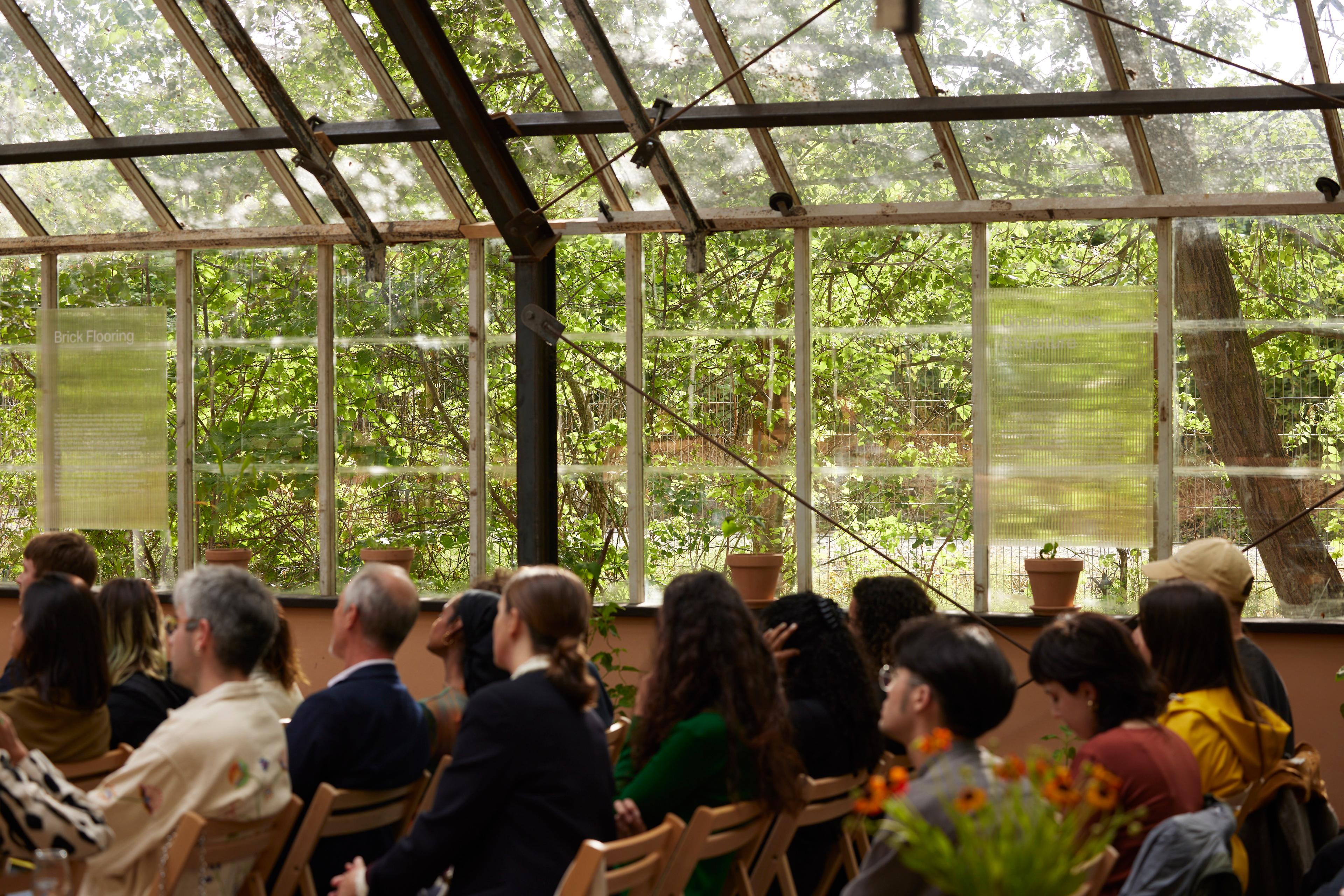
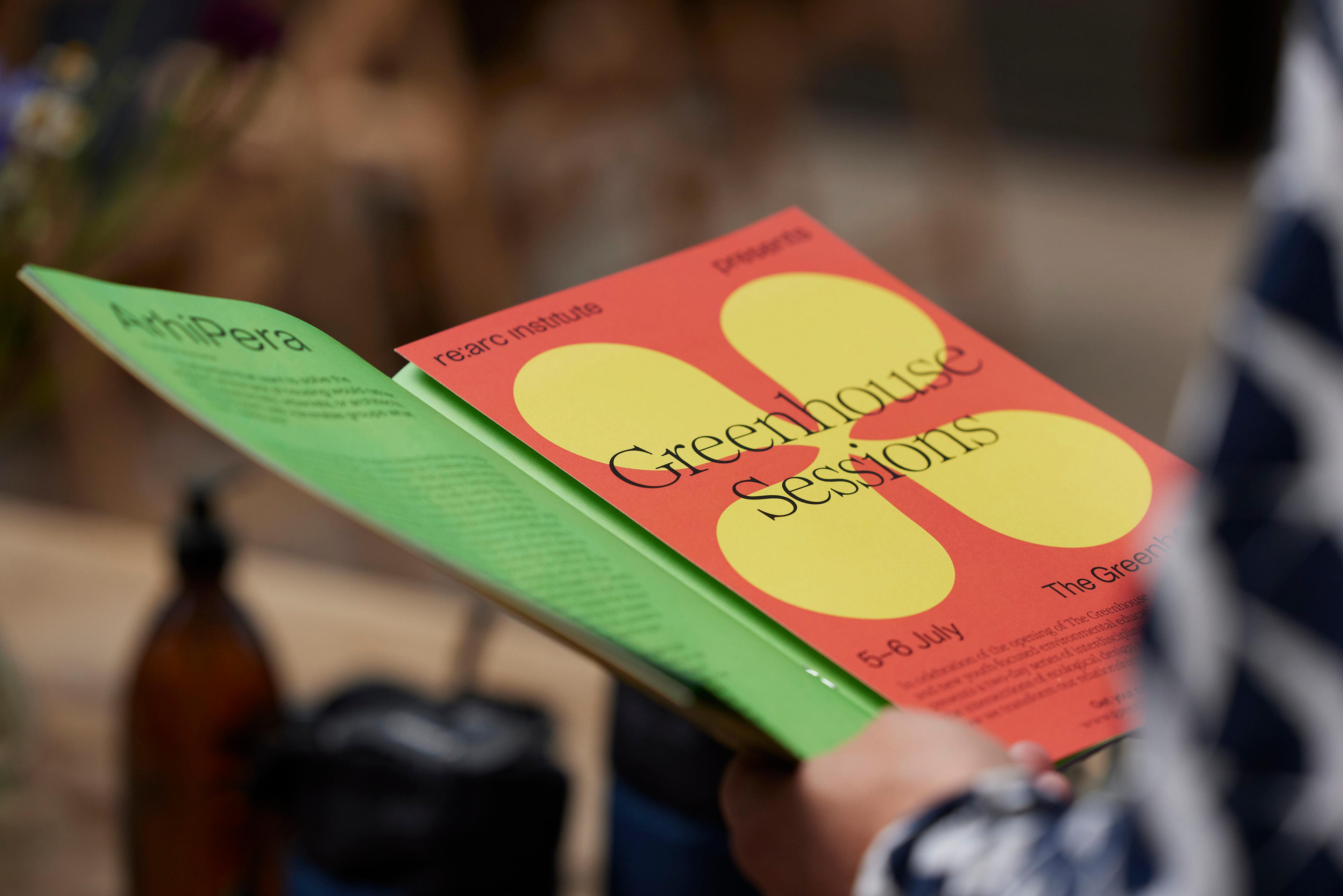
We opened the Sessions on July 5 with New Modes of Participation, a conversation led by Ana María Gutiérrez, Director of Bio Architecture and Alternative Technologies at Organizmo (of Colombia), and Silvia Niculae, Communications Director at Arhipera (of Romania), on the importance of participatory design interventions in addressing spatial and social inequalities, with regard to their respective regions. They discussed their goals to decenter authoritative roles—including that of the ‘Architect’—and shift the focus to the needs and expertise of local communities. For Ana María, Organizmo’s goal of uplifting traditional and indigenous knowledge systems involved “running against the current of hundreds of thousands of years of colonialist behavior. It is through this process that we now understand…the relationship between the human and the habitat, their relationship with life cycles.”
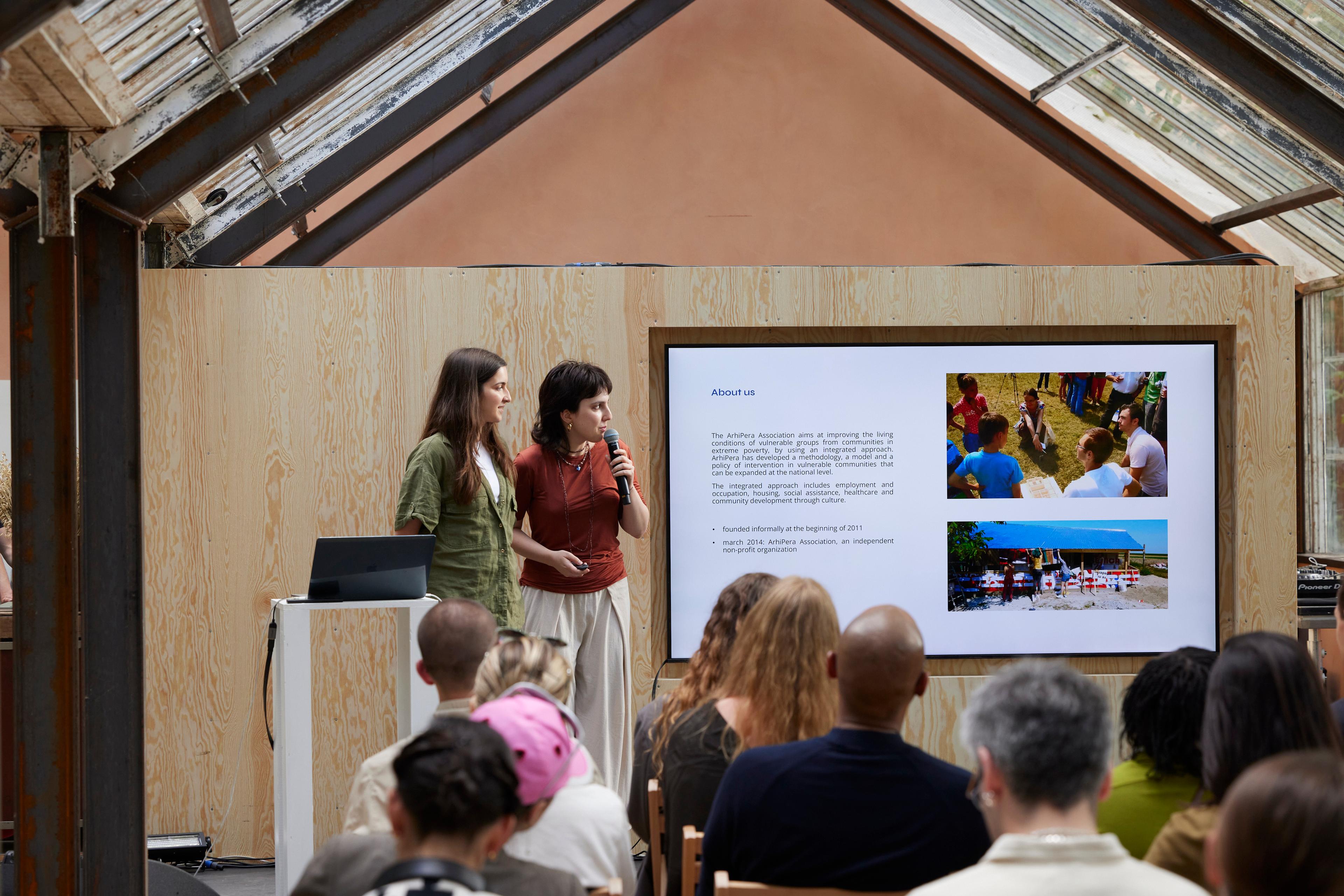
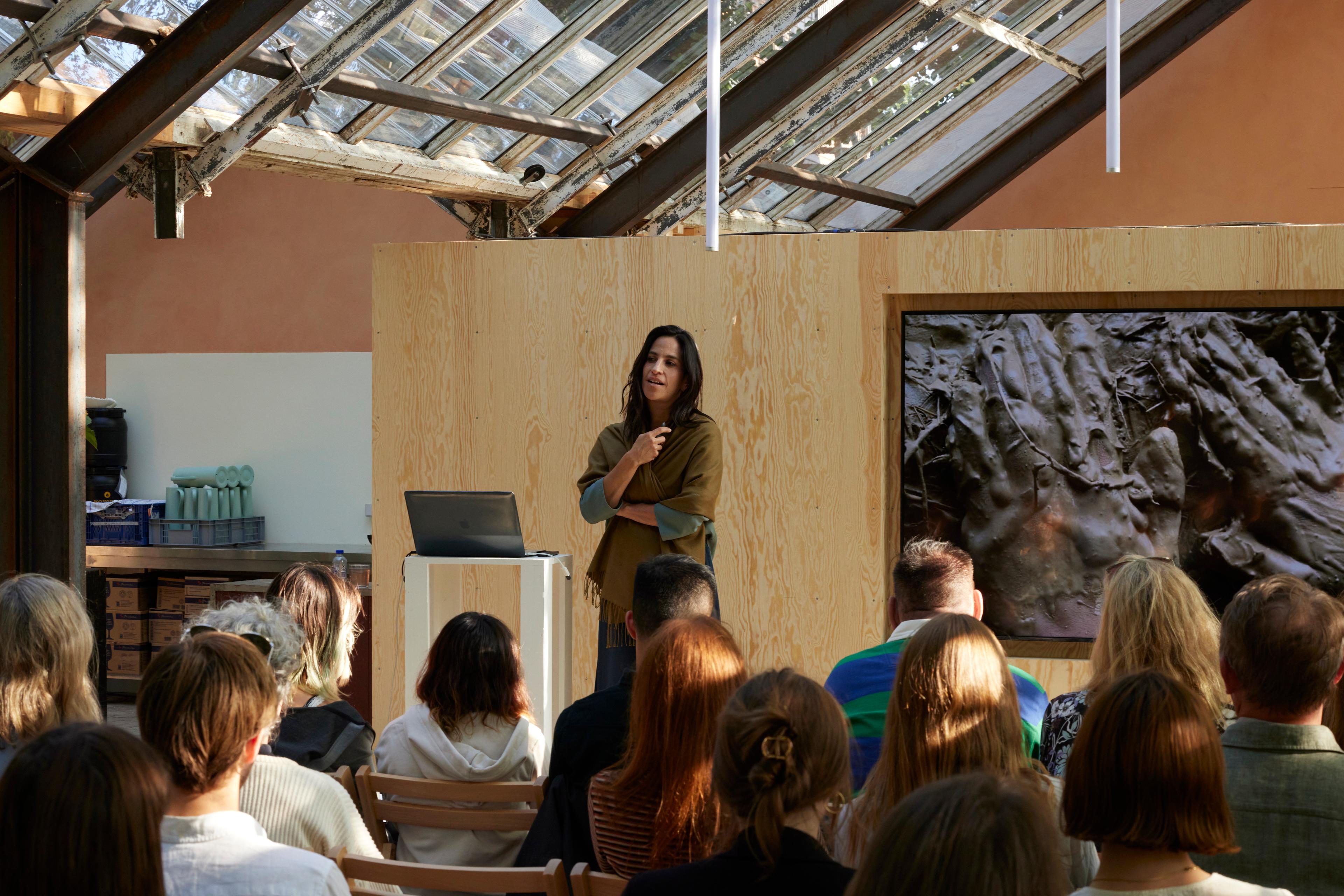
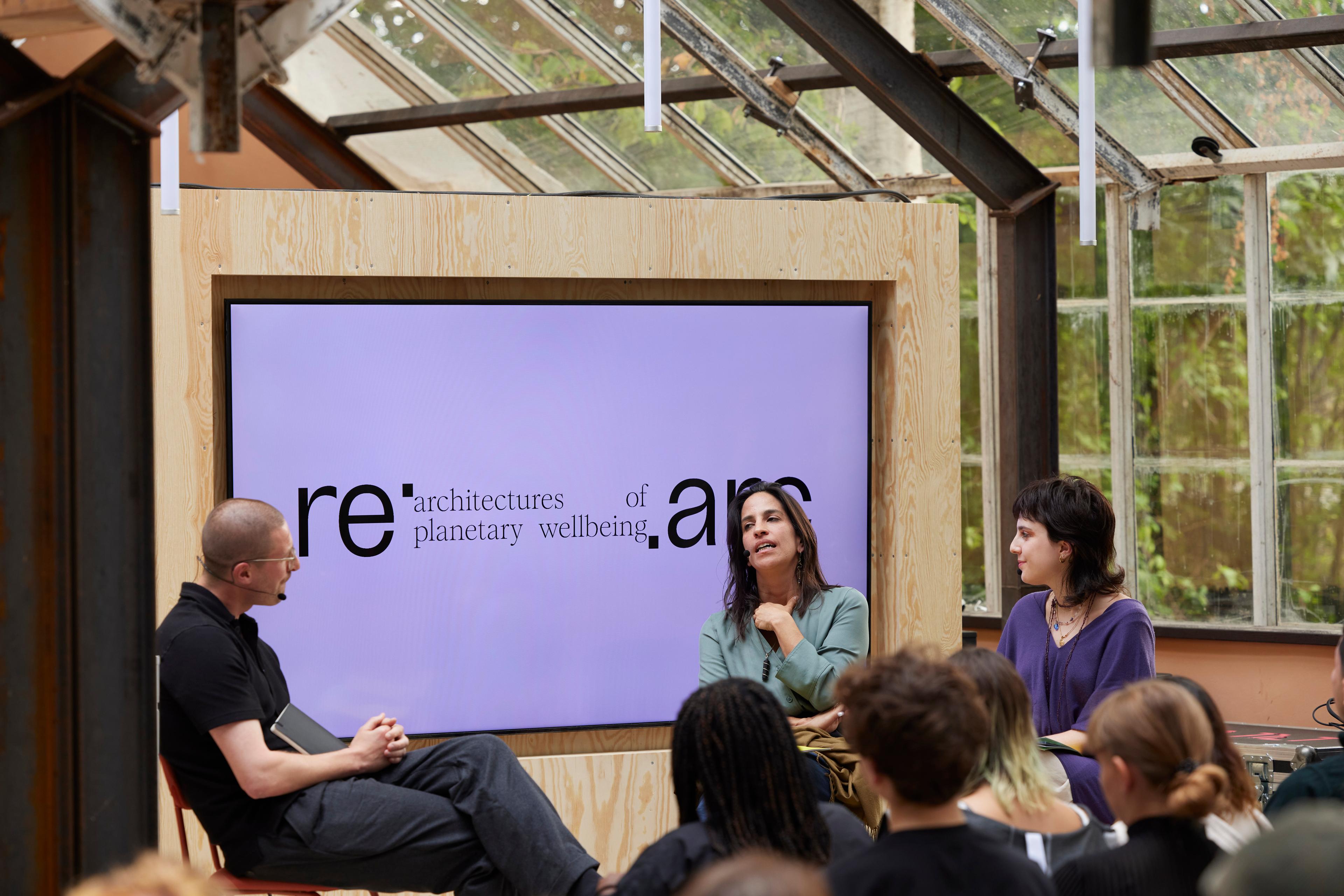
Yasmeen Lari, Pakistan’s first female architect and founder of Pakistan’s Heritage Foundation, and Elke Krasny, Professor for Art and Education and the Head of the Department of Education in the Arts at the Academy of Fine Arts Vienna, then reflected on the interconnectedness of the built environment and our social and ecological crises in a conversation entitled Understanding Architecture(s). “We are planetary beings. We are dependent upon it, but also interdependent with it and with each other,” Elke said, describing the need to consider the ecosystem of our relationships with the planet and each other in architecture. Yasmeen discussed the inextricability of architectures from their surrounding sociopolitical landscapes, and the significance of the discipline in helping to uplift the latter. “In the 1970s, when I visited these areas where women were living in very hazardous conditions,” she explained, “I felt that I had to do something for them. I found that architecture could be used as a tool for all this.”
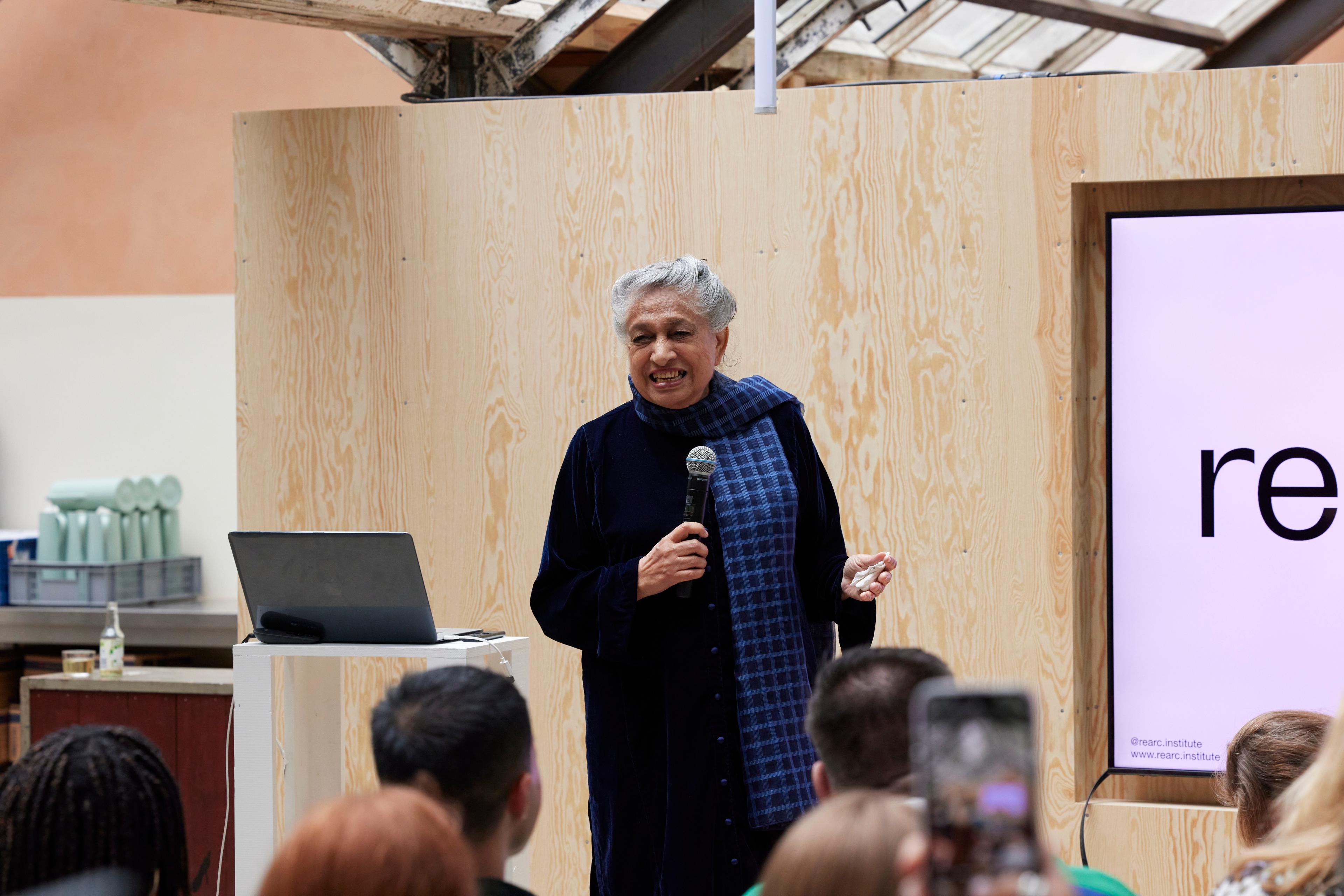
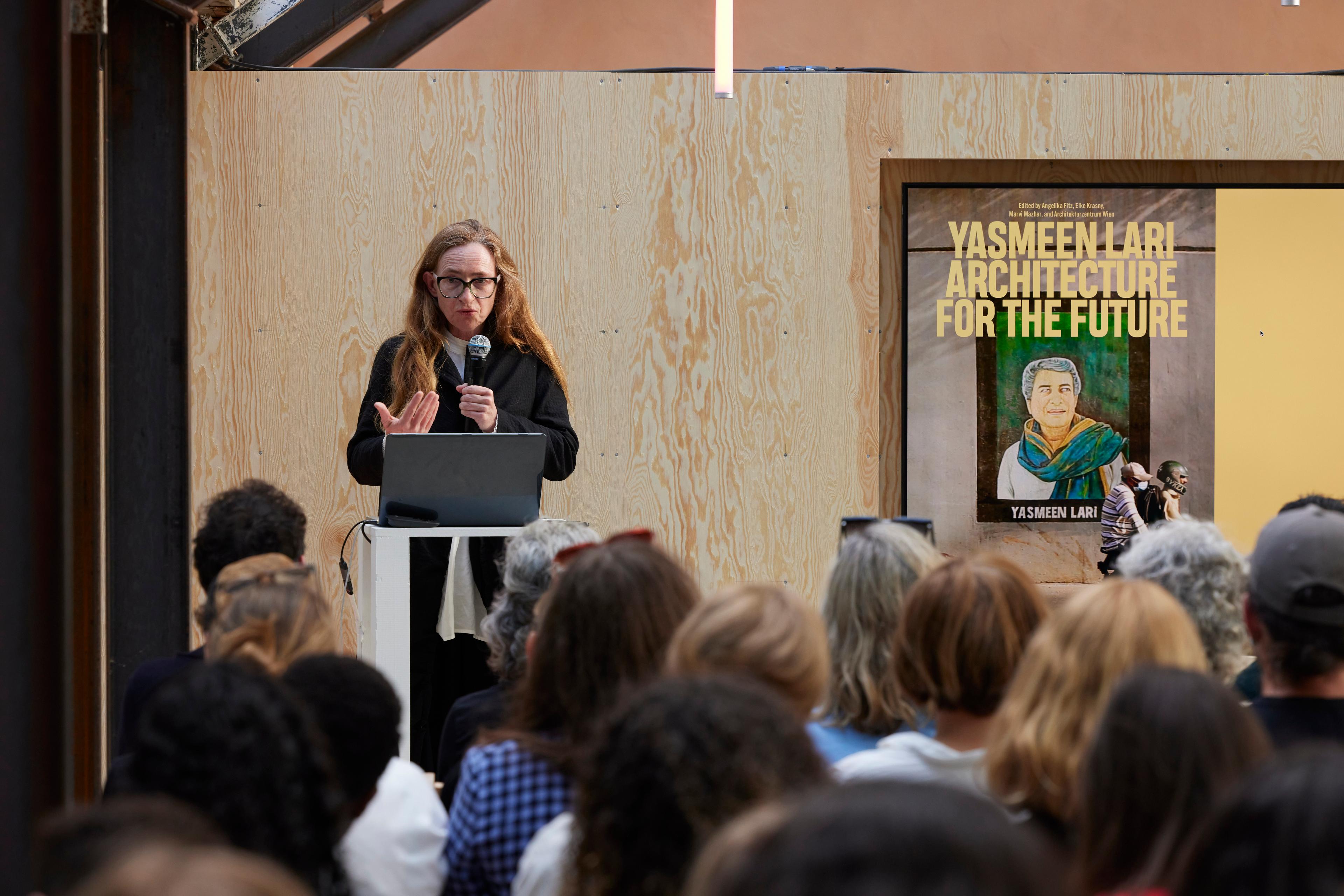
Day One concluded with a DJ set by DingoTracks, the Australian DJ and record collector, and the music flowed into Day Two: it began with an hour-long immersive sound bath by musician and sound meditation facilitator byjayr, followed by a presentation from Building Diversity, the Copenhagen-based nonprofit dedicated to promoting diversity, equality, inclusion in architecture. The organization was once an initiative entitled Sexism in Architecture, they shared, responding to gender-based discrimination in the discipline. This naturally led to their goal to empower practitioners to thrive and feel safe– “providing opportunities within the field, which is for supporting changemakers,” Nataly Timotheou explained. “I think that we are all here because we offer and support advocacy and try to challenge the status quo.”
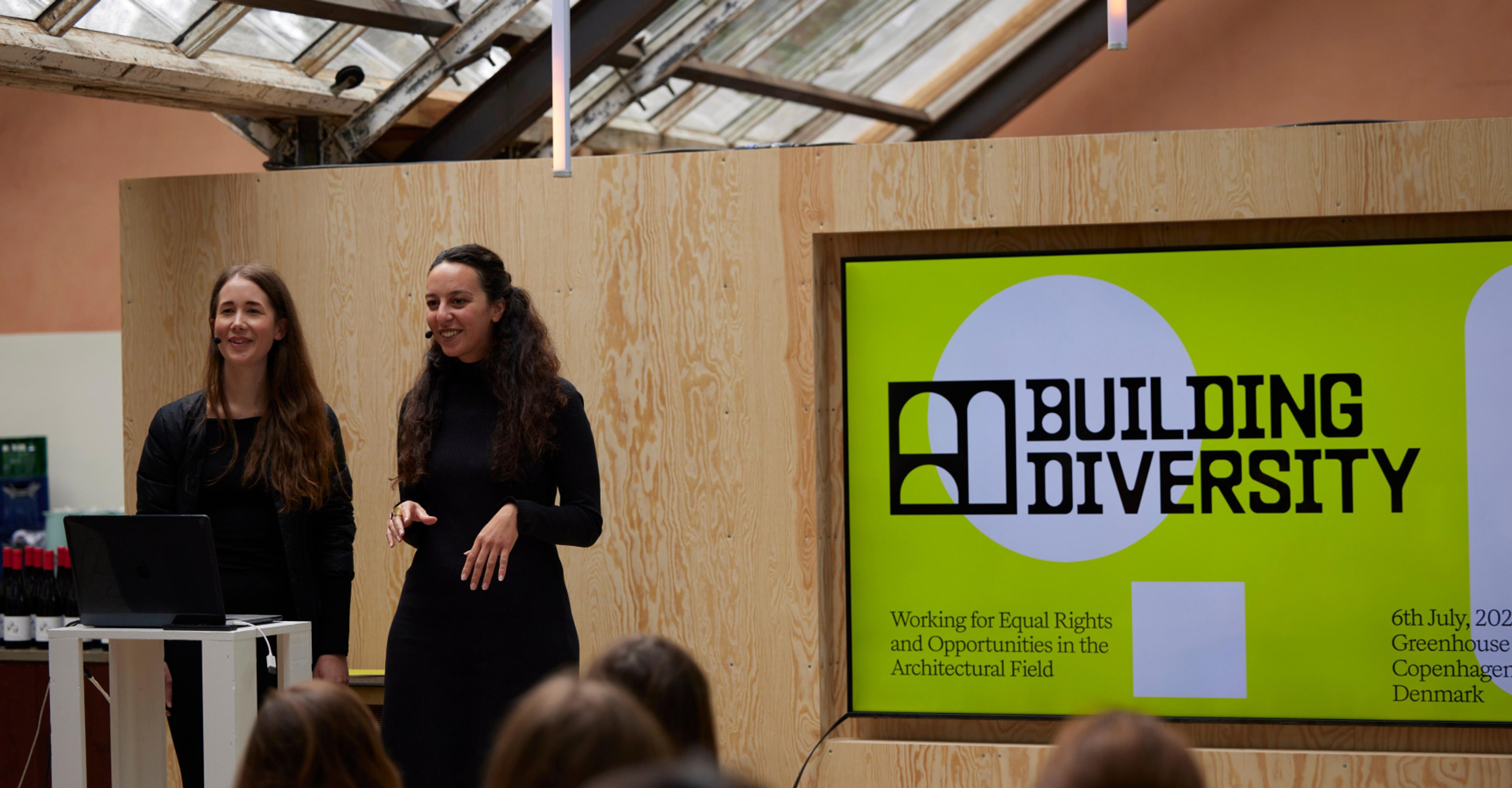
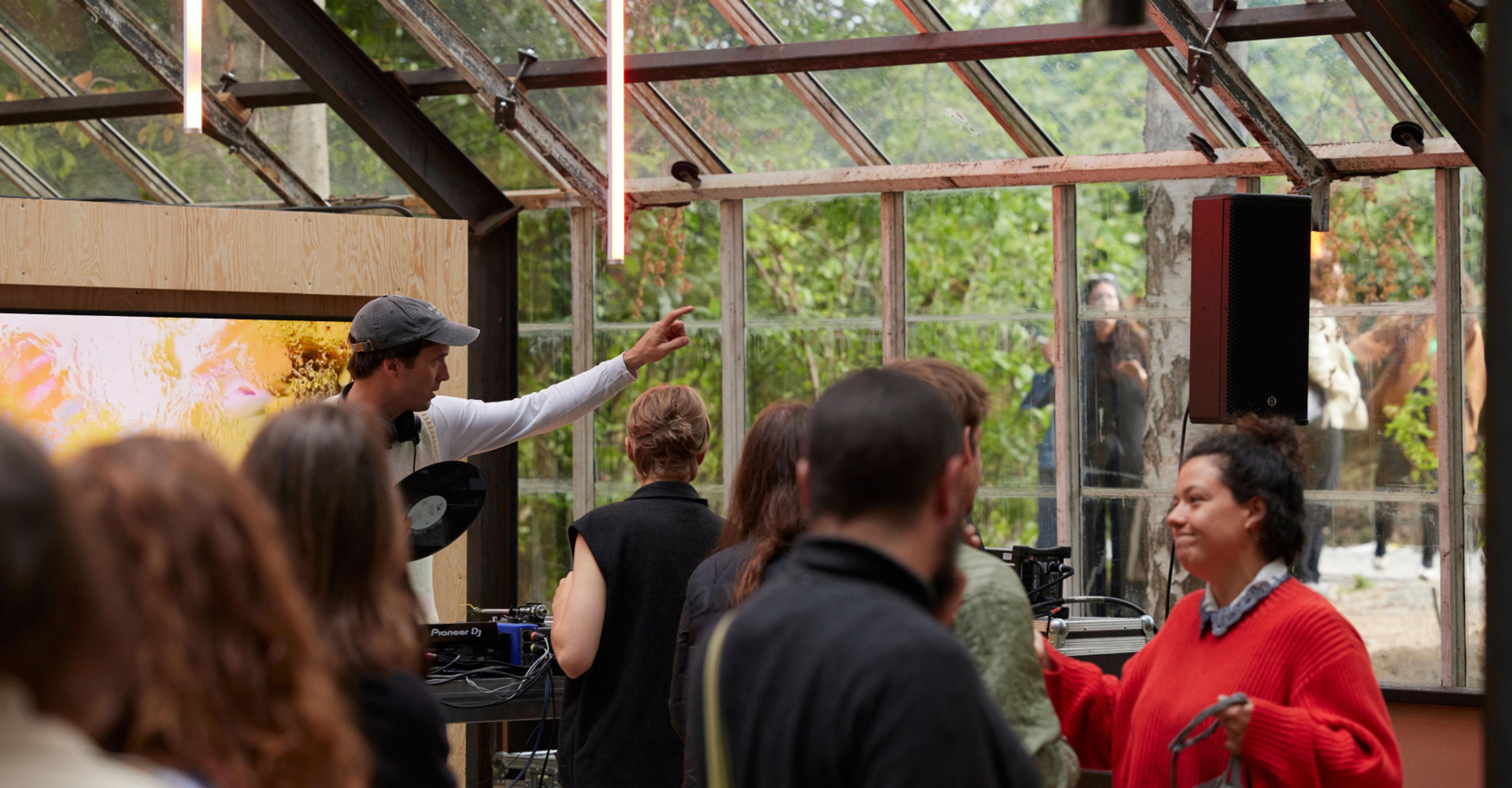
Their presentation was followed by Redefining Radicality, a two-part conversation: Mikaela Loach, climate justice activist and author of It’s Not That Radical: Climate Action to Transform Our World, offered a keynote address on her work; later, Jessica Peterson alongside Moussa Mchangama, members of In Futurum—a Copenhagen-based consulting team that works with companies to help them build sustainable and equitable practices—discussed maintaining intersectionality within the climate justice movement. Day Two’s final presentation was Planetary Custodianship, a roundtable conversation with designer and independent researcher Cherry-Ann Davis; designer, editor, curator, and educator Nina Paim; Afaina de Jong, architect and founder of AFARAI; the Nairobi-based bureau of architects Cave_Bureau; and COMUNAL: Taller de Arquitectura, a group collaborating with organized collectives in design and defense. The discussion echoed the thematic undercurrent of Greenhouse Sessions–that care for each other and our planet is truly a verb, a practice we must do—and asked, as a framework, who holds us accountable to the care work we set out to do in the name of planetary custodianship? Greenhouse Sessions wrapped up with a long evening of more music, by Bedouin Burger, Lou & Mero, and suziethecockroach.
We have immense gratitude for all of our participants, attendees, and the many shared perspectives that challenged us to consider and integrate environmental wellbeing and real, human care and equity in architecture.
Photos courtesy of re:arc institute. Credits: Mishael Phillip.
